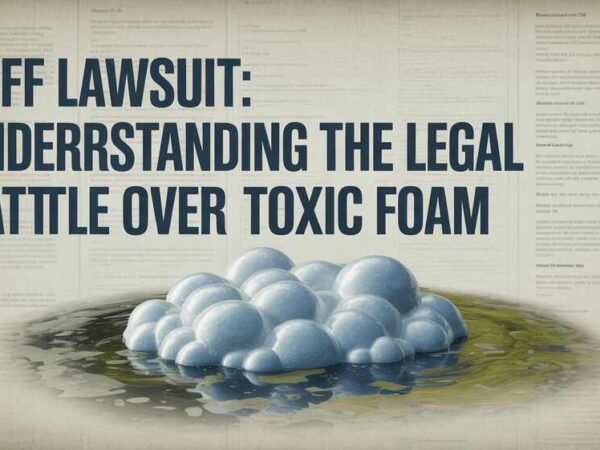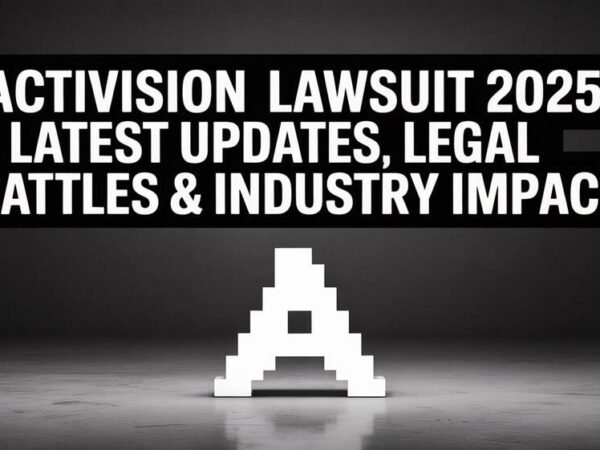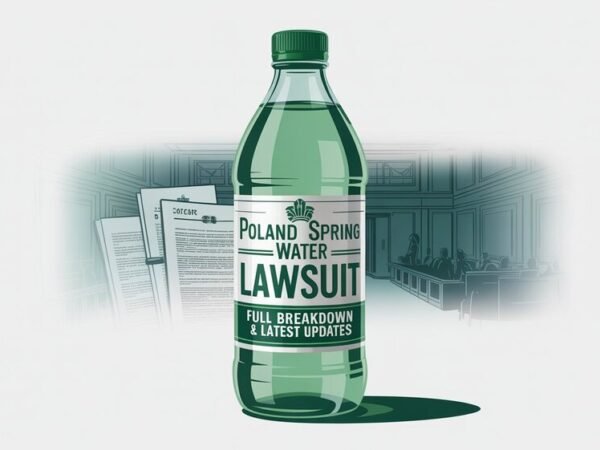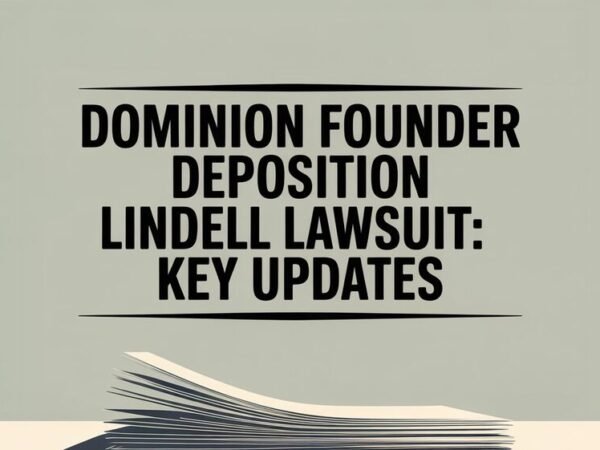Introduction
In recent years, the food and beverage industry has come under intense scrutiny for misleading labeling practices, and the latest controversy revolves around an unexpected staple in many households: ginger ale. Once seen as a soothing, lightly flavored carbonated drink — often considered a healthier alternative to sugary sodas — ginger ale is now at the center of a high-profile legal dispute. The ginger ale lawsuit of 2025 raises serious questions about what indeed constitutes “natural” flavoring and whether beverage companies have been transparent with their consumers. This unfolding legal case involves industry giants, including Canada Dry and Schweppes, and shines a spotlight on the murky definitions used in food labeling. This article breaks down the ginger ale lawsuit, what’s at stake for consumers and manufacturers, and what you should know going forward.
Background of the Lawsuit
The ginger ale lawsuit began when a California consumer filed a class action complaint against Keurig Dr Pepper Inc., the parent company of popular brands Canada Dry and Schweppes. The central claim? These brands misled consumers by labeling their ginger ale products as “naturally flavored” despite using synthetic ingredients like dl-malic acid — an artificial chemical compound used to imitate the tartness associated with ginger. According to the lawsuit, this synthetic additive was not appropriately disclosed on the ingredient label, violating federal and state consumer protection laws.
This legal action is part of a growing trend in which companies are held accountable for ambiguous or deceptive labeling. The plaintiff, Lillian Elliot, claims that consumers are paying a premium for what they believe are naturally flavored drinks, only to find out that the flavors have been simulated chemically. Filed in the U.S. District Court for the Eastern District of California in late 2024, the case quickly gained media attention for its potential implications for Keurig Dr Pepper and the beverage industry.
Key Allegations
The ginger ale lawsuit centers on a few significant allegations that could shape the future of food labeling. First, the complaint asserts that dl-malic acid—a synthetic flavoring—directly contradicts Schweppes and Canada Dry products’ “naturally flavored” label. While naturally occurring malic acid can be found in fruits like apples and cherries, the dl-form is synthetically produced in laboratories. When companies use synthetic versions but market the product as naturally flavored, it presents a legal and ethical issue.
Second, the lawsuit alleges that the product labeling intentionally omits key information that would alert consumers to the presence of artificial ingredients. By hiding this behind vague terms like “natural flavors,” the brands are accused of misleading the public and profiting from this deception. These tactics may violate not only the Federal Food, Drug, and Cosmetic Act but also state-level regulations that require clear disclosure of artificial flavoring if it simulates a natural flavor.
Legal Proceedings and Current Status
As of early 2025, the case is still moving through the preliminary phases in court. The plaintiff’s legal team, which includes consumer protection experts from Glancy Prongay & Murray LLP, has presented the scientific analysis of the ingredient composition as key evidence. Legal experts believe the case could hinge on whether using synthetic dl-malic acid qualifies as deceptive under federal labeling standards.
Keurig Dr Pepper has not released a detailed public response to the allegations. However, the company has previously settled similar lawsuits, including a 2019 case over the phrase “Made from Real Ginger,” which resulted in removing that marketing claim from Canada Dry packaging and an $11.2 million settlement. Whether the current lawsuit will follow a similar path or head to trial remains to be seen.
Impact on Consumers
The implications for consumers are significant. Many choose beverages like ginger ale because they’re a more natural, less processed alternative to sodas with high-fructose corn syrup and artificial additives. The idea that such products might contain synthetic chemicals undermines consumer trust and creates confusion in the market. People are increasingly willing to pay more for products labeled as “natural” or “organic,” making truthful labeling a critical issue.
Consumers may be entitled to compensation through a class action settlement if the lawsuit succeeds. Beyond monetary concerns, the emotional toll of feeling deceived can erode brand loyalty, especially for household staples like Canada Dry and Schweppes. The public may scrutinize labels more carefully, demanding transparency and accountability in product marketing.
Previous Cases and Context
This isn’t Canada Dry’s first time in hot water over its labeling. In 2019, the brand faced a lawsuit over the claim that its product was “Made from Real Ginger.” That case concluded with a multimillion-dollar settlement and changes to how the company marketed the drink. The current ginger ale lawsuit builds on that precedent but adds new layers by focusing on synthetic flavor enhancers and their undeclared presence in products marketed as natural.
Other beverage companies have faced similar litigation. In recent years, lawsuits against sparkling water brands and fruit juice companies have brought attention to the widespread issue of unclear or misleading labeling. While each case is unique, they all point to a pattern of prioritizing marketing appeal over ingredient transparency.
Consumer Rights and What You Can Do
If you’ve purchased Canada Dry or Schweppes ginger ale in recent years, you might be eligible to participate in the class action if it progresses and reaches a settlement. Typically, class actions provide a method for large groups of consumers to seek compensation for minor individual harms that, collectively, add up to significant corporate accountability.
Consumers should follow trusted legal information sites or sign up for updates through consumer advocacy groups to stay informed. It’s also essential to remain vigilant and proactive—read ingredient lists carefully, research unfamiliar terms, and don’t hesitate to contact manufacturers with questions. Voting with your wallet is a powerful way to demand better practices from the companies you support.
Industry-Wide Implications
If the ginger ale lawsuit results in a favorable outcome for the plaintiff, the ripple effect across the food and beverage industry could be enormous. Companies may be compelled to revise their labeling practices, invest in more transparent disclosures, and reconsider using synthetic ingredients altogether. More lawsuits may follow as consumers become increasingly aware of the legal standards protecting them.
This could also trigger legislative change. Lawmakers may push for stricter guidelines about what qualifies as “natural,” potentially including specific restrictions or mandatory disclosures. Industry trade groups may fight back, but consumer advocacy momentum is gaining strength and could influence new FDA or FTC guidelines in the coming years.
Conclusion
The ginger ale lawsuit of 2025 is more than just a legal squabble over product labeling — it’s a landmark case in the ongoing battle for transparency in the food and beverage industry. As consumers grow more health-conscious and skeptical of marketing buzzwords, companies can no longer afford to cut corners or rely on vague terminology. Whether or not this lawsuit results in a financial penalty or corporate reform, it has sparked a broader conversation about honesty, accountability, and the right to know what’s in our products.
By staying informed, asking the right questions, and demanding full disclosure, consumers can play a vital role in reshaping industry standards. Whether you drink ginger ale for an upset stomach or enjoy it as a refreshing beverage, you deserve to know exactly what you’re drinking.
Do Read: Couple Loses Disney Club 33 Lawsuit — Full Story Behind the Exclusive Battle













